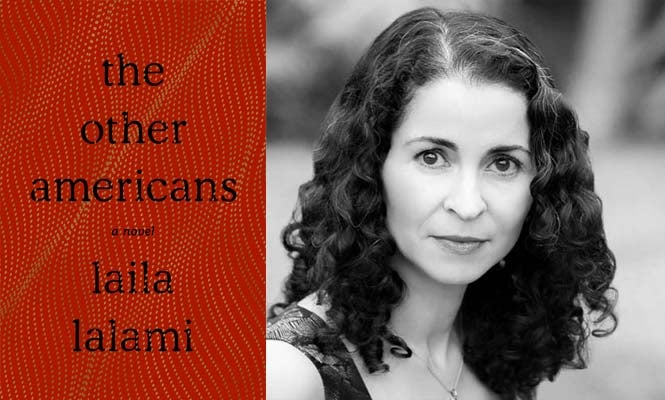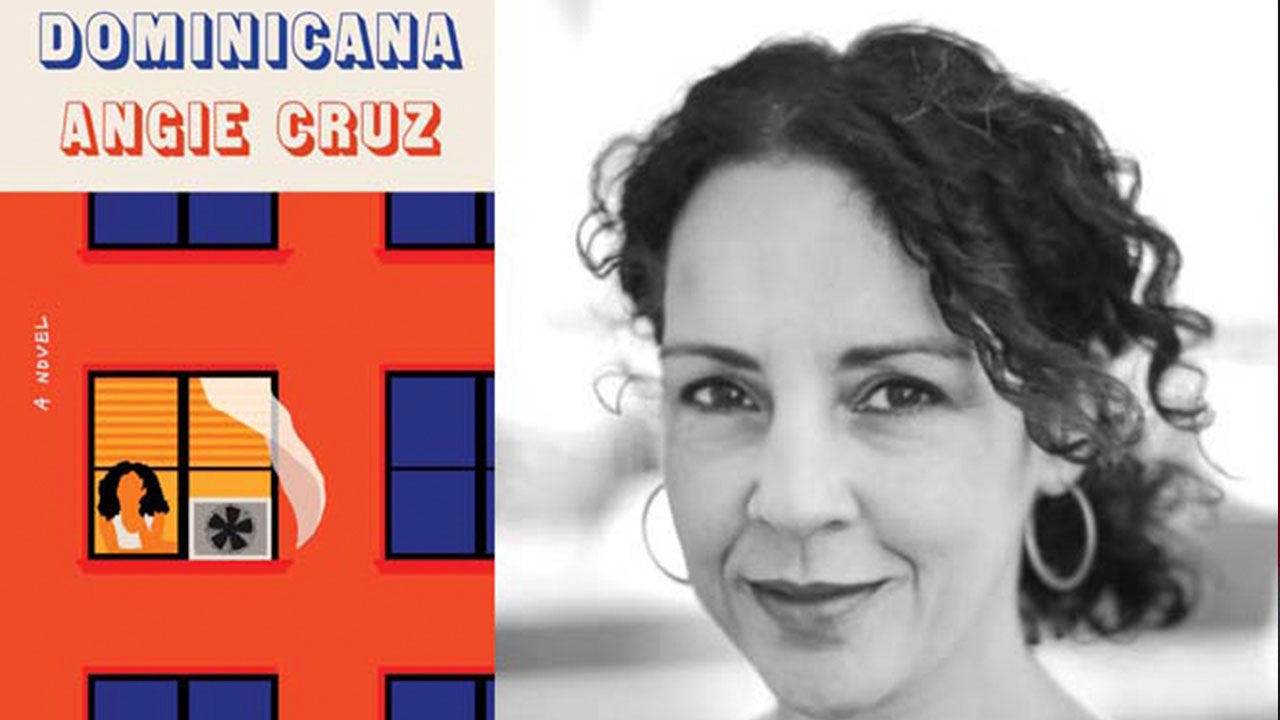On April 16, Aspen Words will confer the third annual Aspen Words Literary Prize, a $35,000 award recognizing a work of fiction that addresses a vital social issue. Sixteen nominees are still in the running, and the diverse list includes 12 novels and four short story collections covering a variety of critical issues and published by an array of presses. While the jury works on narrowing down this list to five finalists (to be announced February 19) and a winner, Aspen Words chatted with the nominees about their work, how they view their role as a writer in the cultural and political moment, and the best piece of writing advice they’ve received. You can find the series of conversations here.

Laila Lalami’s The Other Americans is a timely and powerful novel about the suspicious death of Moroccan immigrant Driss Guerraoui, and is at once a family saga, a murder mystery, and a love story, informed by the treacherous fault lines of American culture. As the characters — deeply divided by race, religion, and class — tell their stories, connections among them emerge, even as Driss’ family confronts its secrets, a town faces its hypocrisies, and love — messy and unpredictable — is born. Lalami’s other books include The Moor’s Account, Hope and Other Dangerous Pursuits, and Secret Son.
How do you view your role as a writer in this cultural and political moment, and why is the time right for your book?
My role at this moment is no different than it has been in years past: to write with honesty, to hold nothing back. Political context can change, but what doesn’t change is my commitment to telling the truth as I perceive it.
As for timing, I don’t believe that books are early or late. They come to us whenever they’re ready. The only question is whether we’re also ready for them.
What other author deserves this award and why?
In order to “deserve” something more than others, one would have to have been given the same education as others, the same opportunities as others, the same exposure as others. That isn’t the case. We each have different experiences, different upbringings, even different languages. To me, awards are an expression of literary taste more than a statement about who deserves what.
What is the core tenet of your book’s philosophy?
That each character has a solitary perspective, and those solitudes are joined together.
If you weren’t a writer, what would you be?
I’ve never wanted to be anything else.
What’s the best piece of advice you’ve received on writing fiction?
Get used to rejection.


